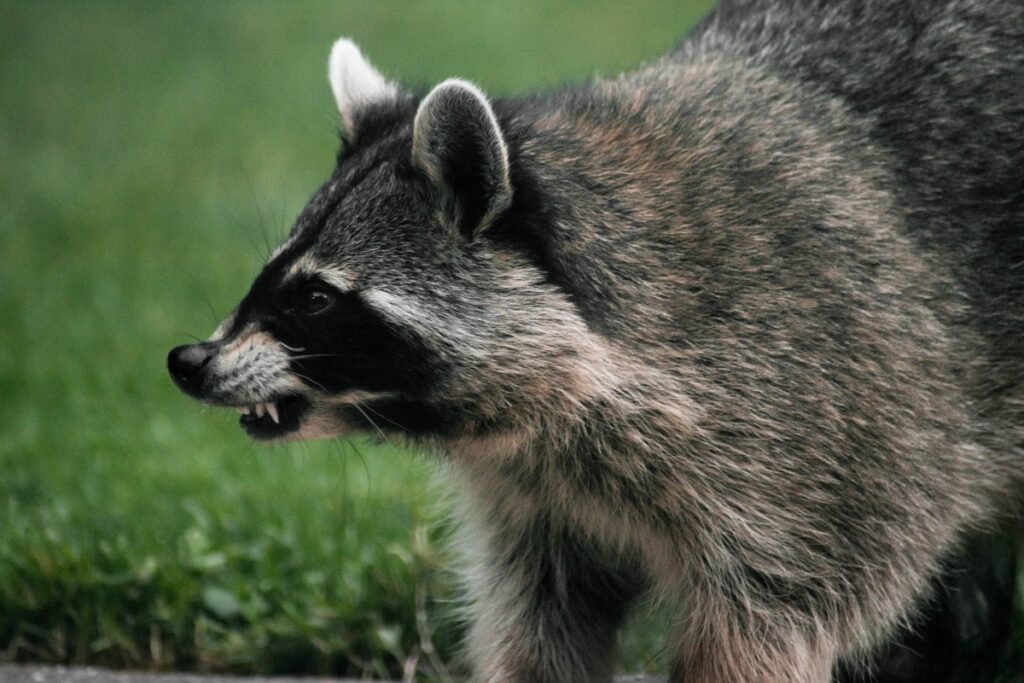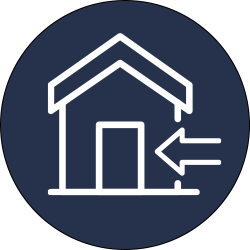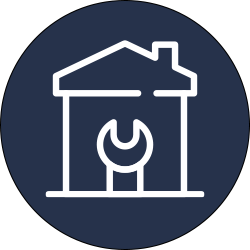Raccoons are found throughout Florida. The population of raccoons in Jacksonville continues to grow because of the availability of resources (namely food, shelter, and water).
Raccoons might seem cute. However, you don’t want these wild animals to move into your home. Not only can raccoons brings diseases, but they also cause extensive property damage.
If you suspect a raccoon in your home, spotting the signs early is key to preventing unnecessary property damage. Let’s explore how to spot and eliminate an infestation.

Raccoon Control

Trapping and removal
If you have a raccoon infestation, time is of the essence. In most cases, a cage trap is used to remove the raccoon humanely. If young kits are in the attic, other tactics like repellents can be used.

Raccoon Exclusion
Once the raccoon has been removed from your home, it’s time to implement exclusion tactics. We repair any entry holes created by the raccoon and cover any openings to prevent future raccoons from entering your house.

Remediation
We apply sanitization agents to neutralize raccoon feces and urine. Ectoparasite treatments will exterminate any pests like ticks and lice left behind from the raccoon. Proper sanitation will prevent diseases. We repair damage caused by the raccoon inside the home.
Raccoons in the House
Although they might prefer wild food sources, knocking over trash cans offers an abundant food source in cities across the country. After enjoying a tasty meal from your garbage can, they need a place to rest during the day.
In the wild, raccoons nest in underground burrows and tree cavities. But in a neighborhood, these excellent climbers may scale your home to gain access to the attic. Raccoons only need a gap the size of a grapefruit to squeeze into your home, but they are capable of creating much larger holes.
Attics are the most likely place to find a raccoon in your home. But a few other places to check include the walls, ducts, and crawl spaces.
Typically, the raccoons making their way into your attic are pregnant females getting ready to have a litter of kits. The raccoon breeding season generally occurs in March and April.
Signs of Raccoon Infestation
Raccoons are intelligent creatures that have a knack for problem-solving. The ability to solve problems allows raccoons to function well in an urban environment. These critters will see your home as an opportunity for safe harbor. And they are willing to find a creative entry point!
Raccoons are nocturnal. One of the most common signs of a raccoon infestation is loud, strange noises at night. You might hear thumps, purring, or scratches as the animal rustles around the house. In addition to noises, you’ll often smell a foul odor coming from the attic.
Some physical signs of a raccoon presence around your home include droppings, torn attic insulation, chewed electrical wires, overturned garbage cans, trash in your attic, and stains on your ceiling.
Problems with Raccons
Raccoon Damage
The first phase of damage comes from the raccoon’s entry. If there isn’t an easy access point such as a chimney or hole in your eaves, the masked bandit is forced to get creative. Depending on the situation, they might pry through your roof vents, open a soffit, or tear the plumbing mat on your pipes to squeeze inside.
After the entry damage, raccoons will make a mess turning your attic into a comfortable nest. Typically, they tear up insulation while denning. When the kits are big enough to explore, they might cause damage to your ductwork while playing around.
A final way raccoons can cause damage is the sheer amount of feces and urine they expend in your attic. As the moisture accumulates, it can destroy insulation and saturate woodwork.
Health Hazards
Beyond the physical damage, a raccoon in your home is also a health hazard. Rabies might be the most notorious disease carried by raccoons. But it’s not the only one! You can contract several diseases from these critters, including giardiasis, leptospirosis, and Salmonellosis.
When raccoons nest in houses, raccoons create separate latrine sites. Their feces spread Baylisascaris procyonis (raccoon roundworm), which is a serious health hazard for residents repairing raccoon damage to homes. In addition, fleas and ticks in raccoon fur can transfer to people or pets.
Unfortunately, some raccoons are aggressive, which increases your likelihood of catching a disease.
Call Trutech IN
At Trutech, we have the expertise to handle any nuisance wildlife problem you may have.

Our professional team of licensed technicians will quickly and humanely handle your wildlife needs
Quick Links
Business Hours
- Monday-Friday: 7:30am-6pm
- Saturday: 9am-5pm
- Sunday: Closed
